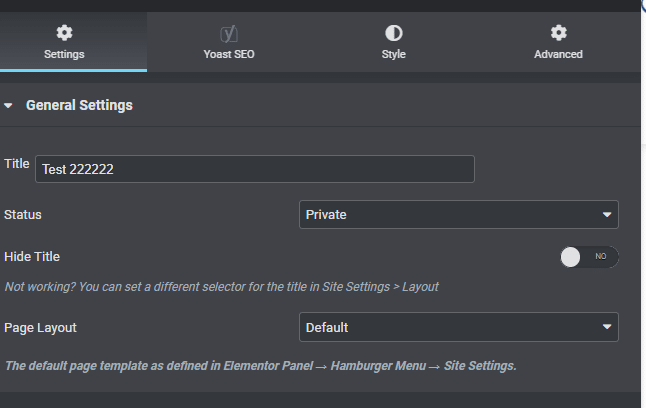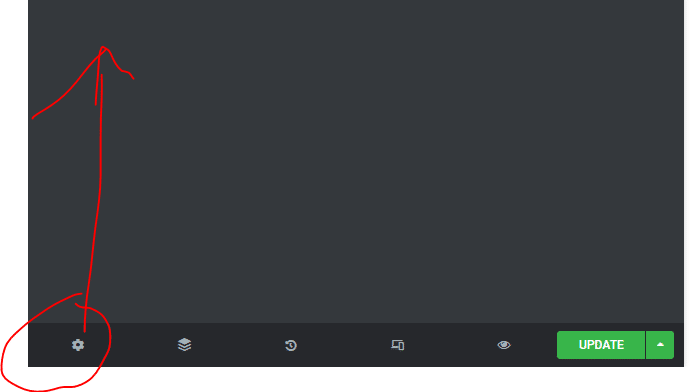
Facebook, Instagram, and Twitter are just a few of the many social network websites people can join. Social networking websites can be harmless and fun to use. However, it’s important to understand the dangers of posting your personal photos and information to these sites. It’s key for college students to think about the long-term consequences. Things you put online can put you at risk, be misconstrued, and potentially ruin your chances for finding a new job. So be careful what you post on social media.
According to CareerBuilder, 60% of employers search social media platforms to find out if their applicant is the right one for them. Have you thought about what kind of first impression your digital footprint will have on potential employers? It’s as important to review your social networking sites as much as your professional networking channels. Here are some guidelines for improving your online image.
How to Protect Your Social Media Image
Whether you’re applying for a customer service position at a large company or considering job offers from small businesses, your internet image matters. Before you read a single job description or look into open positions, make sure your business page and social networking platforms are in order.
Suggested reading: Mistakes New Grads Make in Interviews
Be smart about what you post
There are plenty of posts that can translate into “red flags” for hiring managers. These include crude or provocative photos, discriminatory comments, and posts about partying, drugs, or excessive drinking. This is also true about trash-talking former coworkers and employers.
You should also think about the articles you’re sharing or comments that you’re retweeting. As a general rule, it’s best to avoid public rants about religion, politics, and other “hot topics.” You never know if your opposition to (or support of) a particular topic could influence a potential employer’s hiring decision. Even something as benign as typos or grammatical errors can signal poor writing and communication skills to a hiring manager. That’s why you should always think twice before you hit “publish.”

Restrict access to your profile
Probably the best idea is to make sure anything personal that you’re posting to your accounts is visible only to your followers. Check your account settings to make sure your posts, live streams, and Instagram stories are set to private. Depending on the networking site, profile pictures may be a public feature regardless of privacy settings. So be mindful when selecting that photograph.

Real name vs. nickname
While you might assume that switching all of your screen names to untraceable nicknames is a good way to protect your Internet identity, recruiters get suspicious when they can’t find any online evidence of your existence. Probably the first thing a hiring team will do is look up your name on a search engine.
Obviously, you need to use your real name for career-networking sites like LinkedIn, but you should also use your real name for Facebook. Just be sure to adjust your privacy settings. Remember, you can always set up private accounts that are just for connecting with friends and family members. On Instagram, for example, some people set up both a “rinsta” (a “real Instagram” using your real name and content that’s suitable for public consumption) and a “finsta” (a “fake Instagram” under a fake name that’s shared with friends and family only).

Let your strengths shine
Did you know that when recruiters conduct online screenings, 92% go to LinkedIn and 66% go to Twitter? These are the best sites for helping them determine if you’d be a good fit for their company’s culture. Hiring managers want to get a feel for your personality, creativity, and communication skills to make sure that you’re a thoughtful, well-rounded candidate. Recruiters also want to see that you’re posting articles related to your field of interest, keeping up on industry trends, and interjecting a bit of your personality while maintaining professionalism.
Before sending out your resume, make sure to do a quick Google search to see exactly what comes up under your real name. Take the proper steps to adjust your video content, privacy settings, and screen names accordingly. Following these simple guidelines can make all the difference when it comes to landing your dream job!









